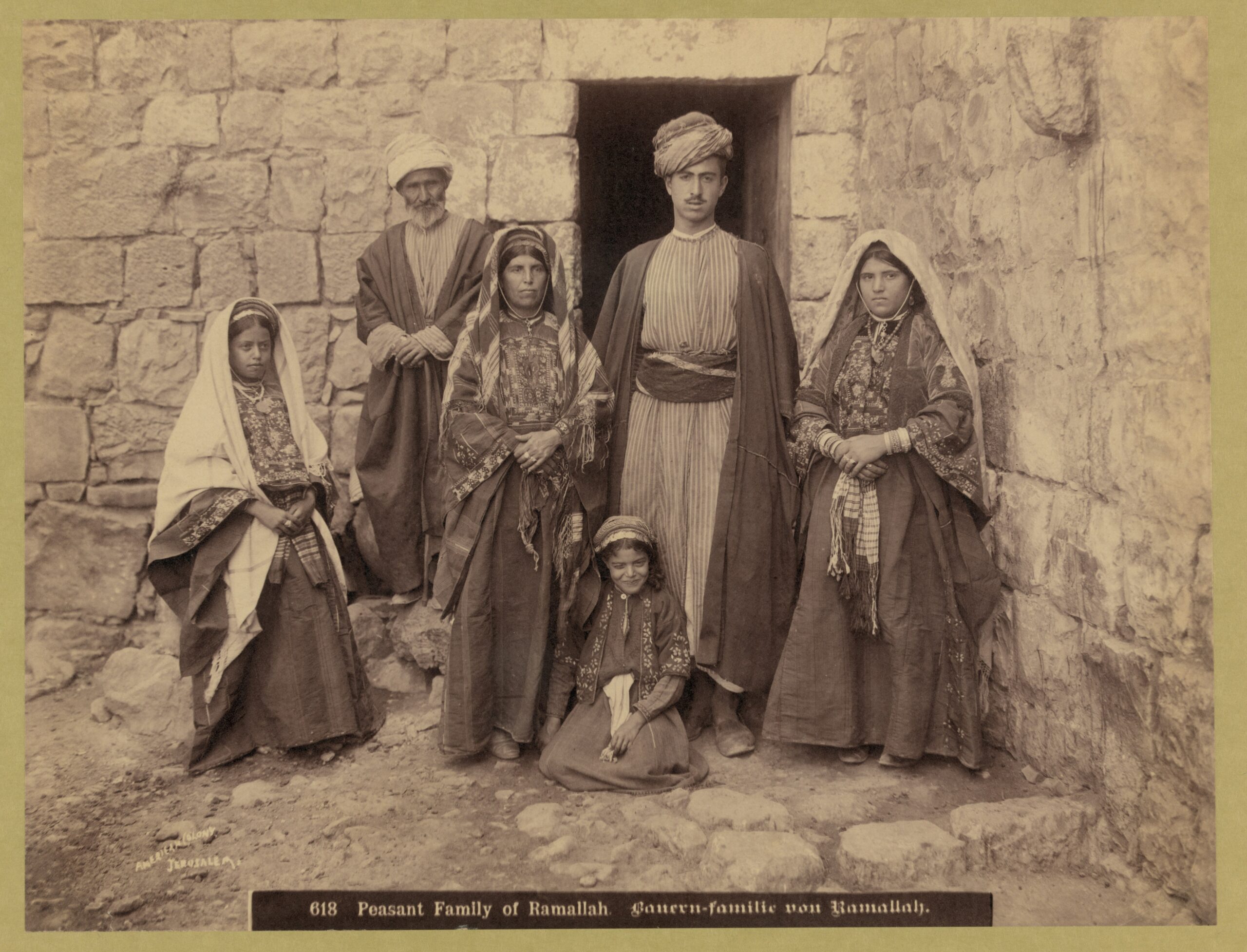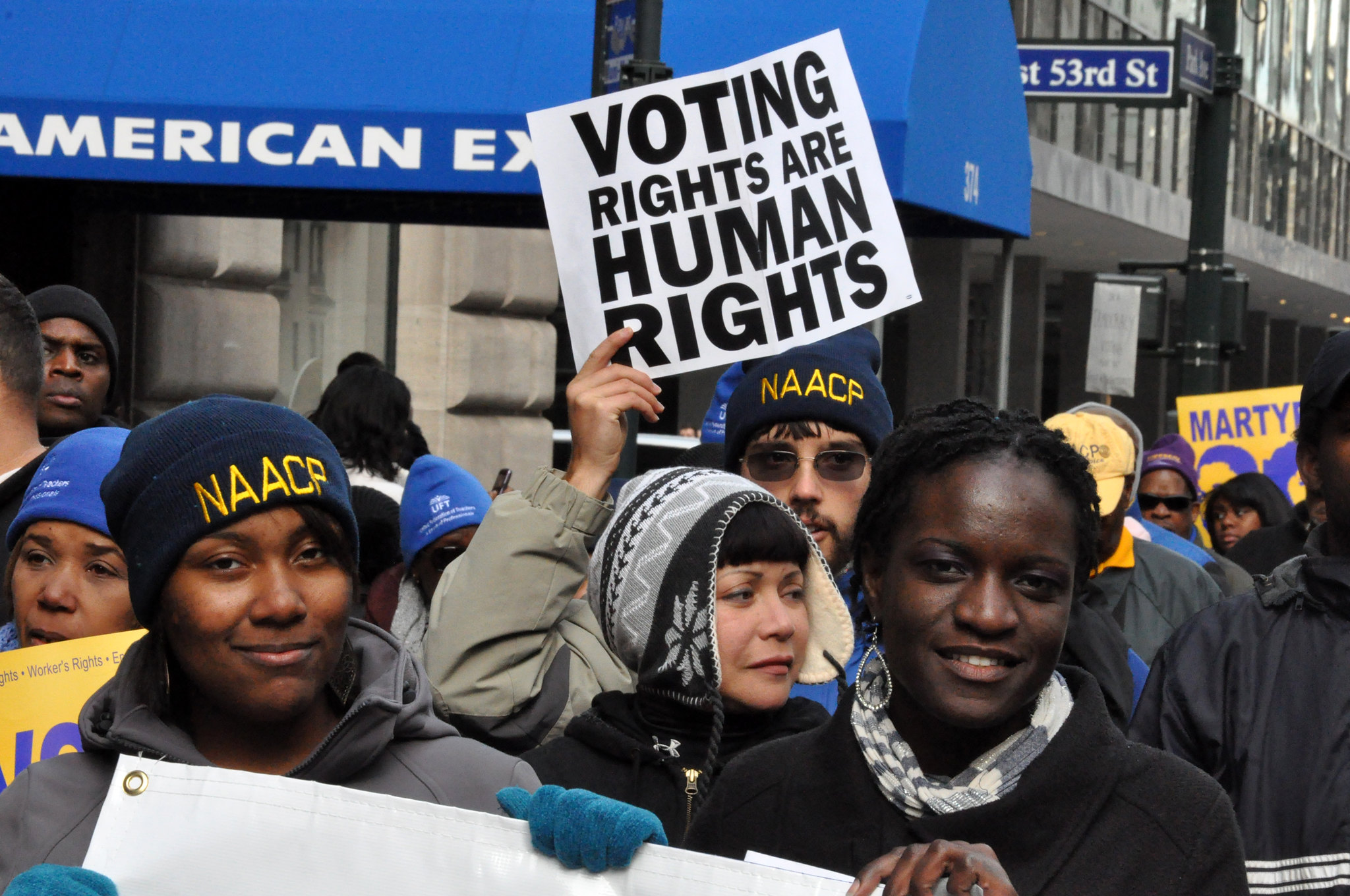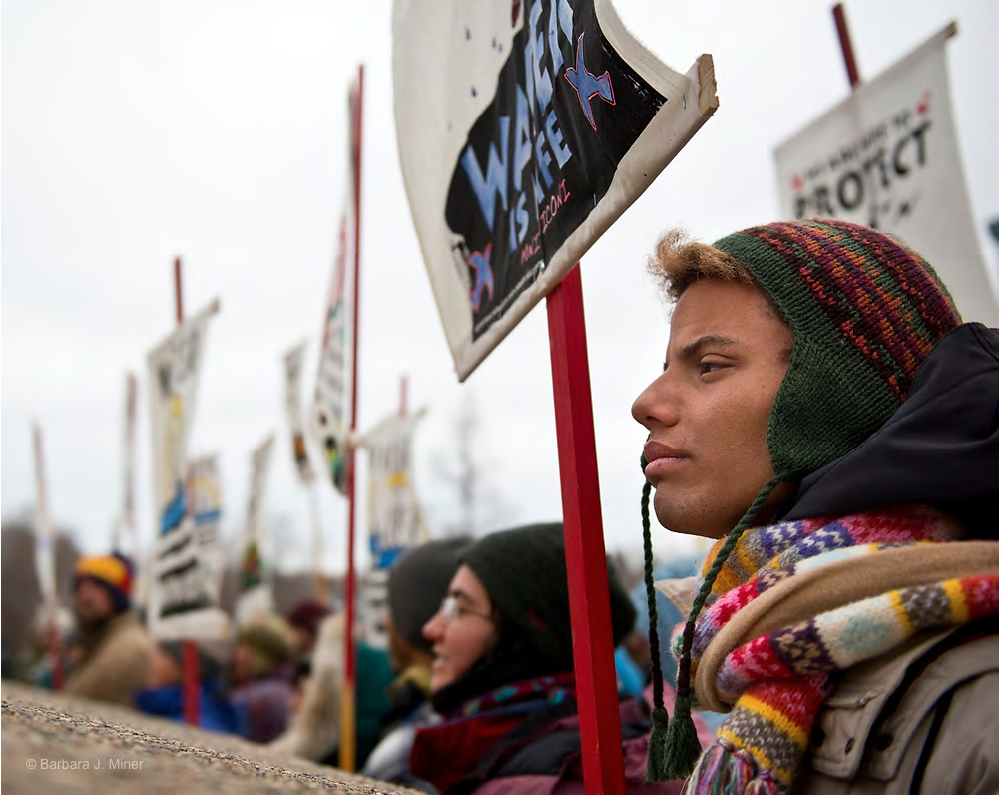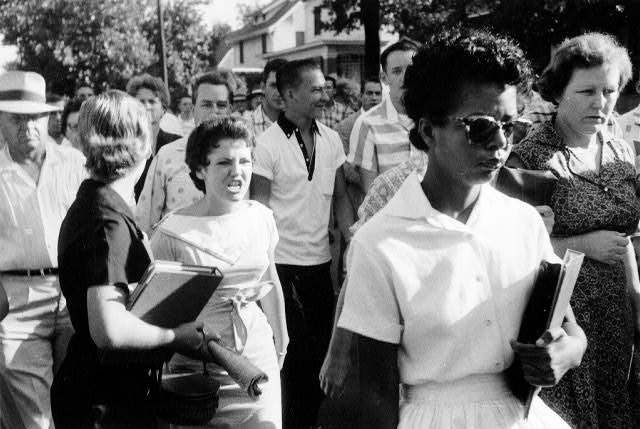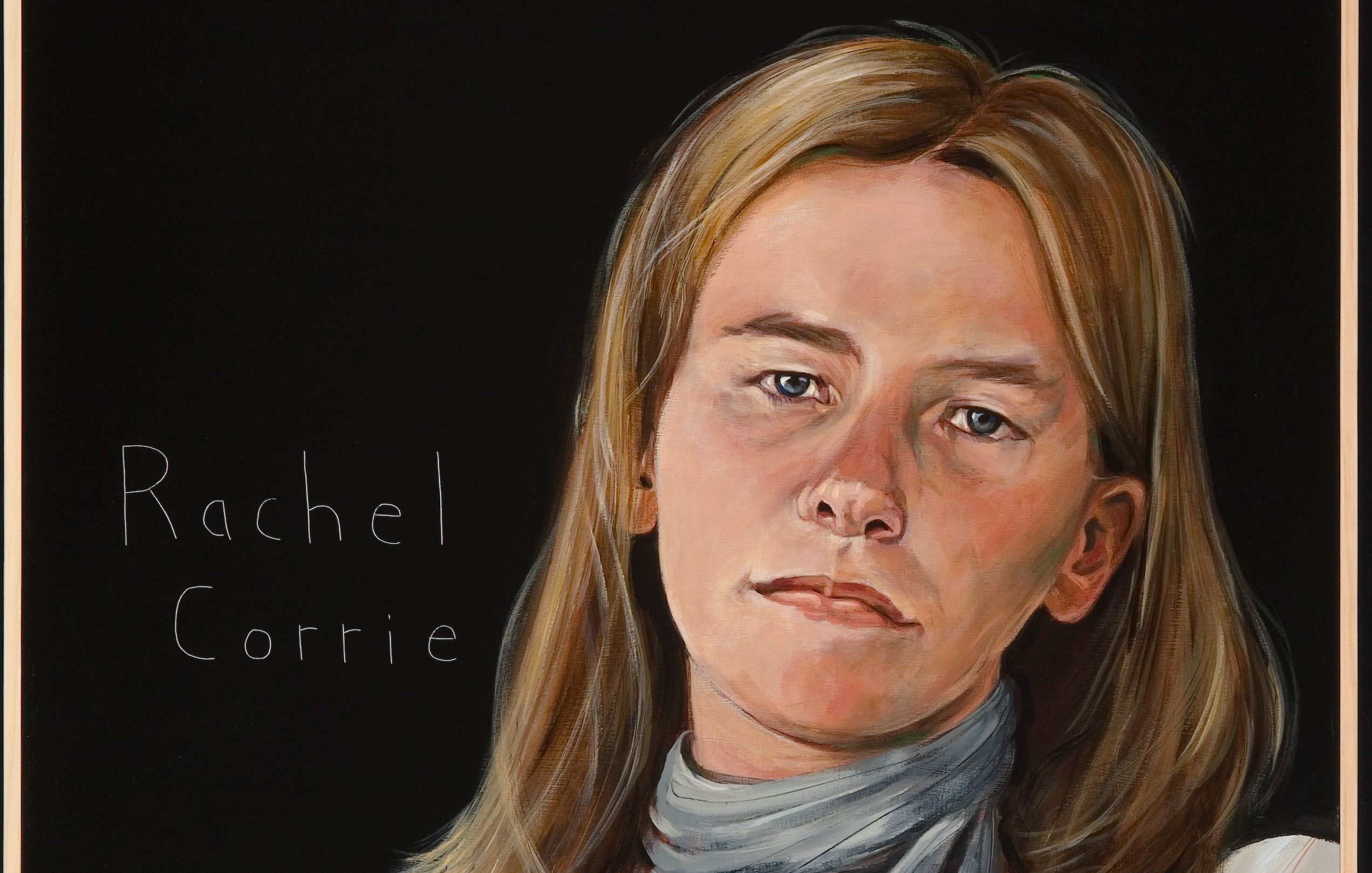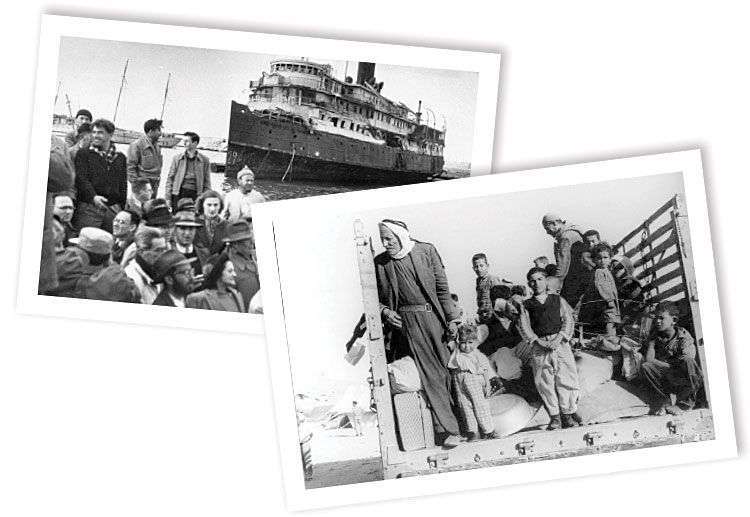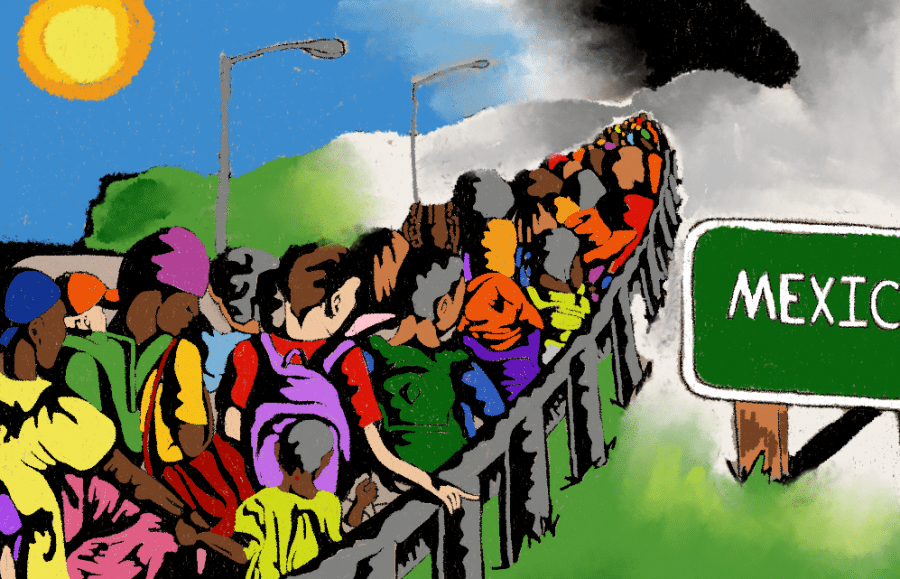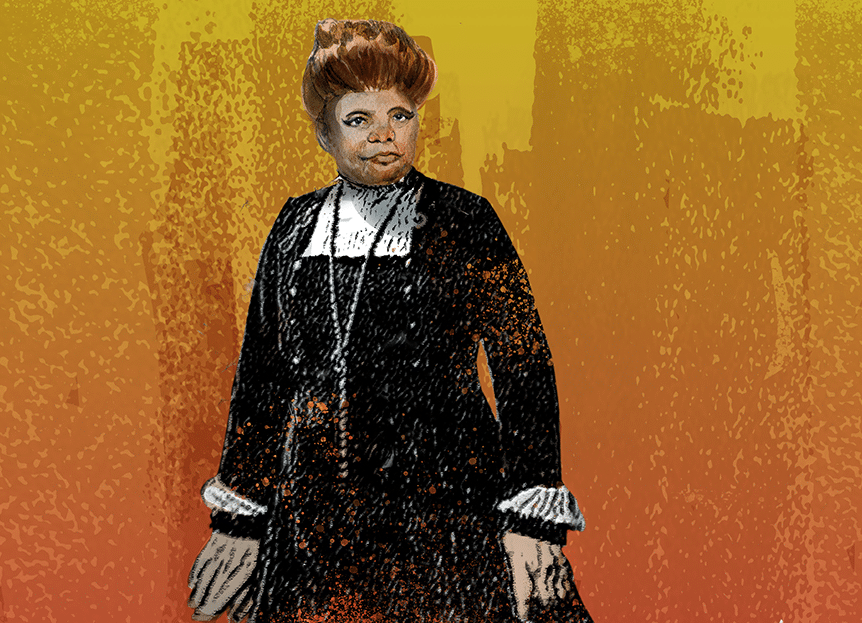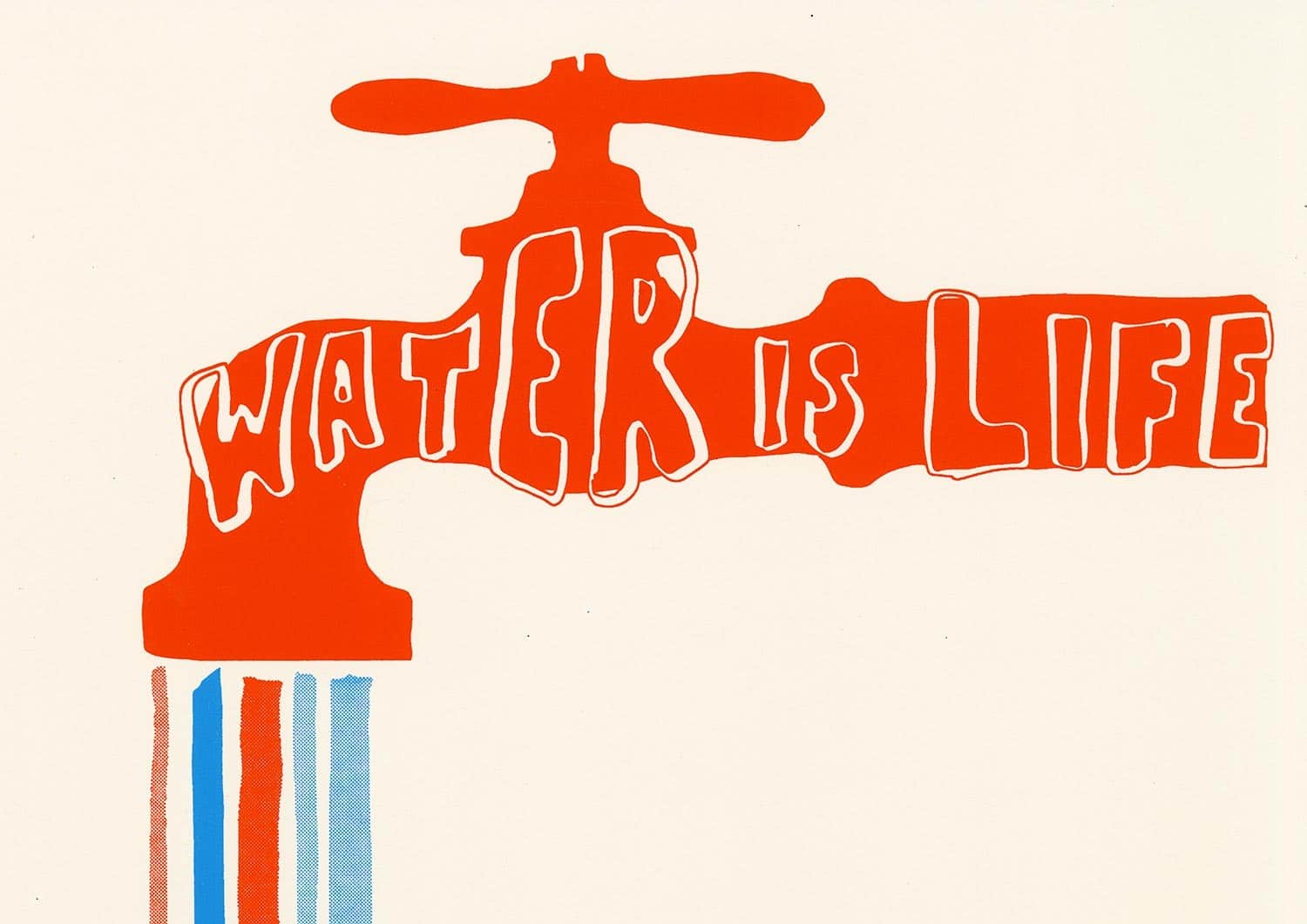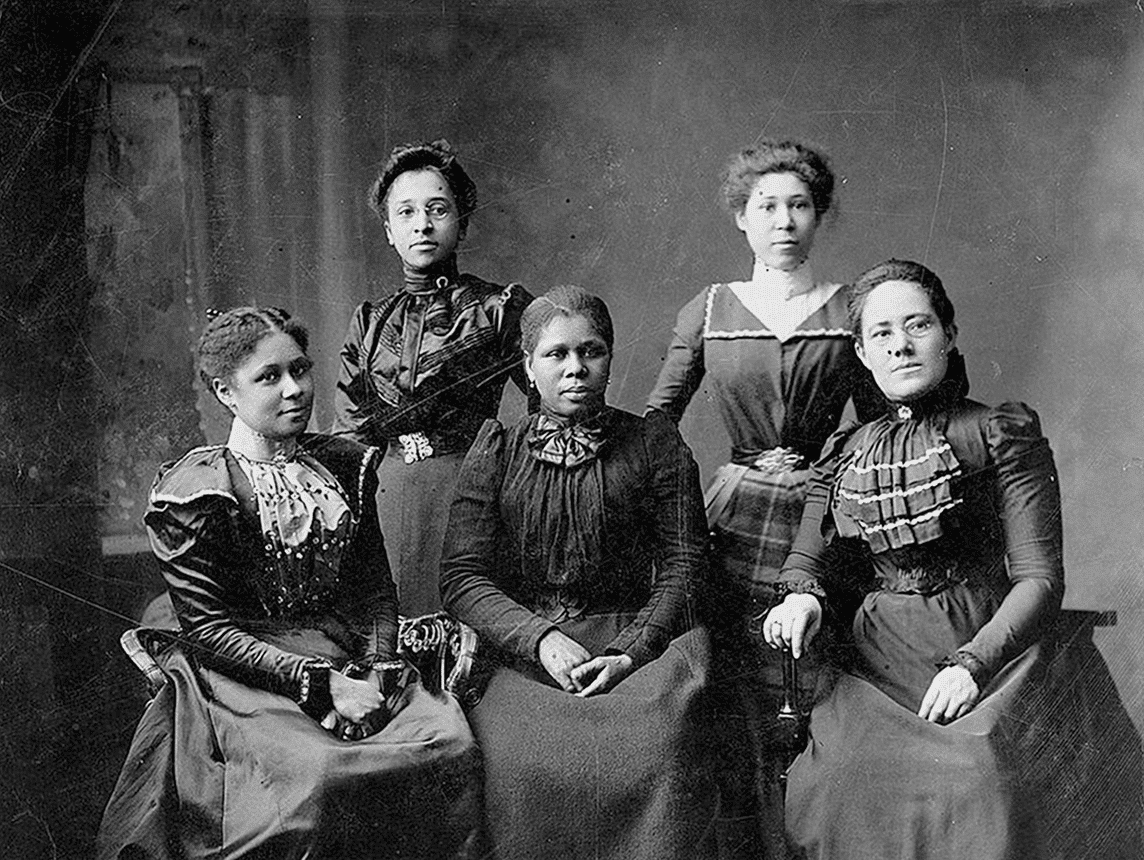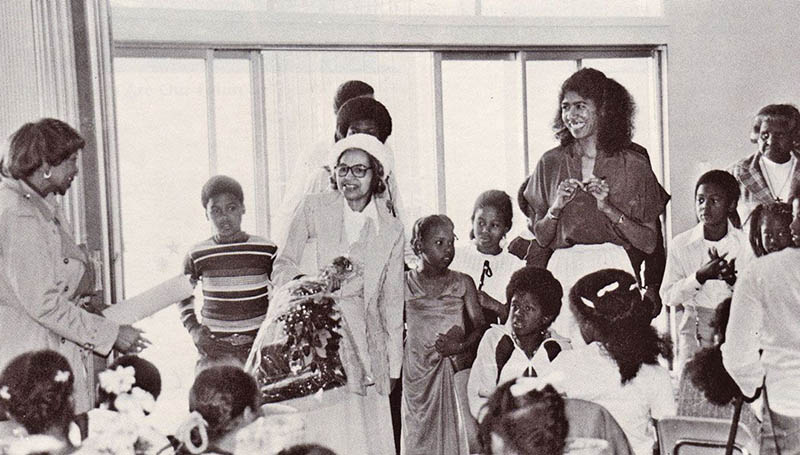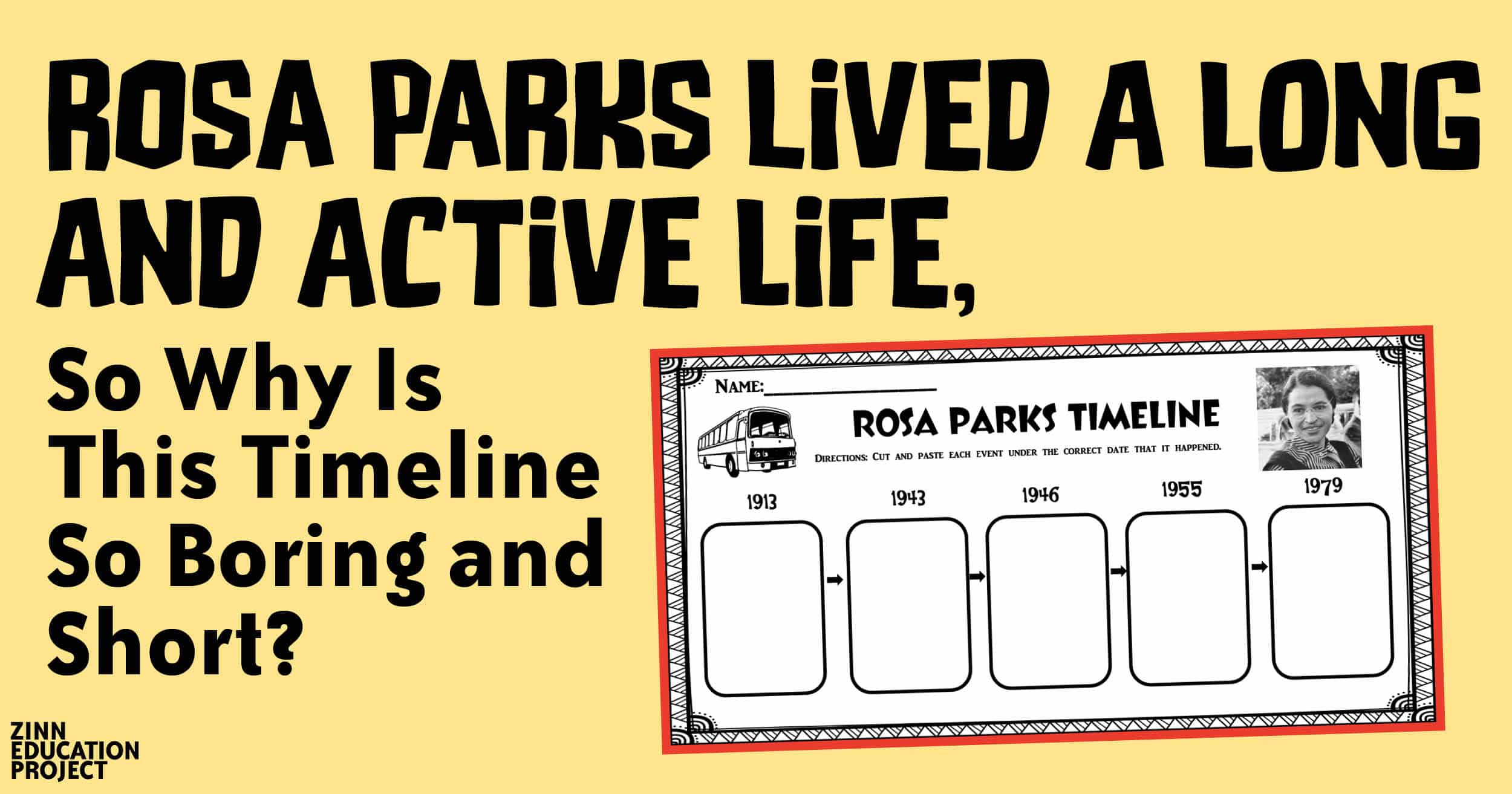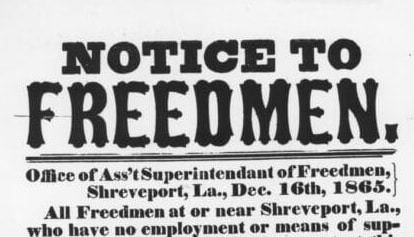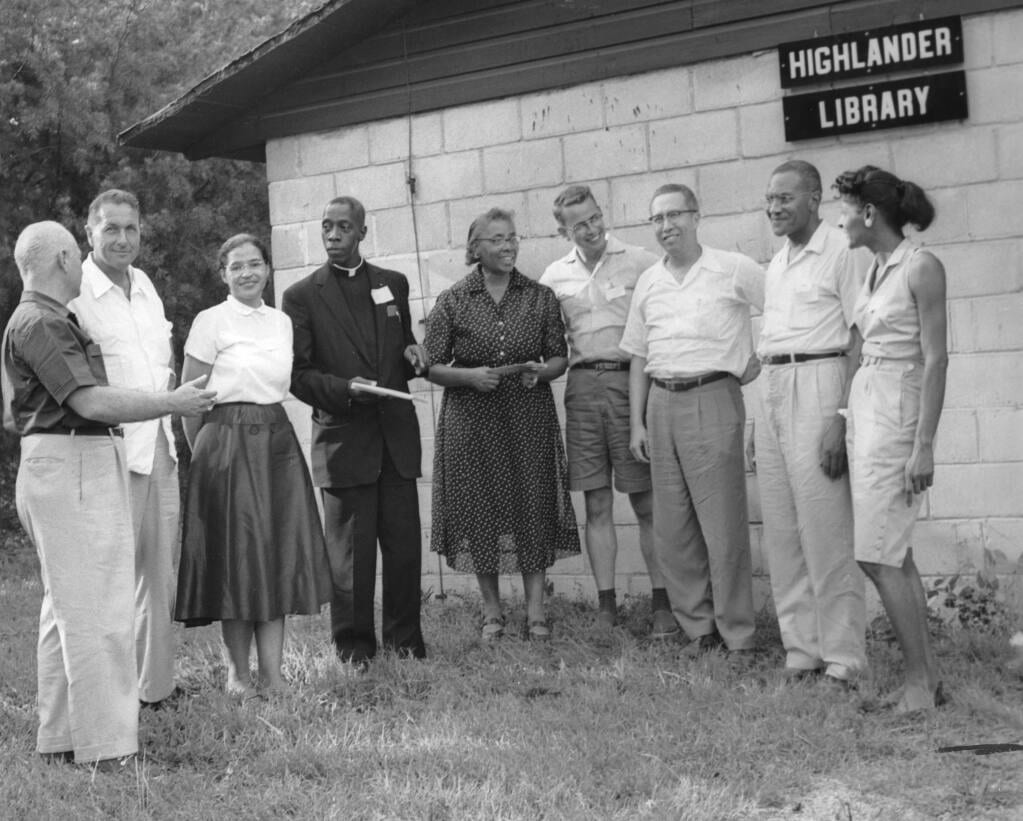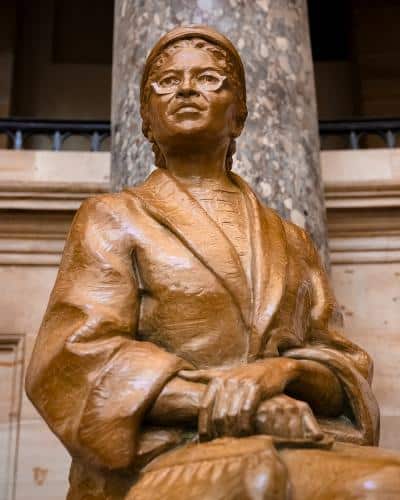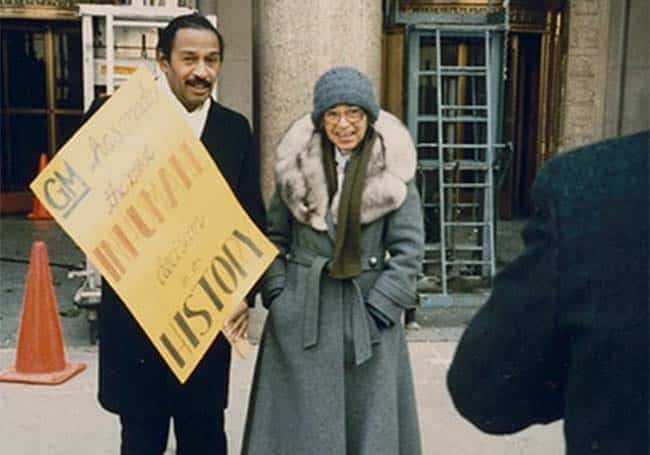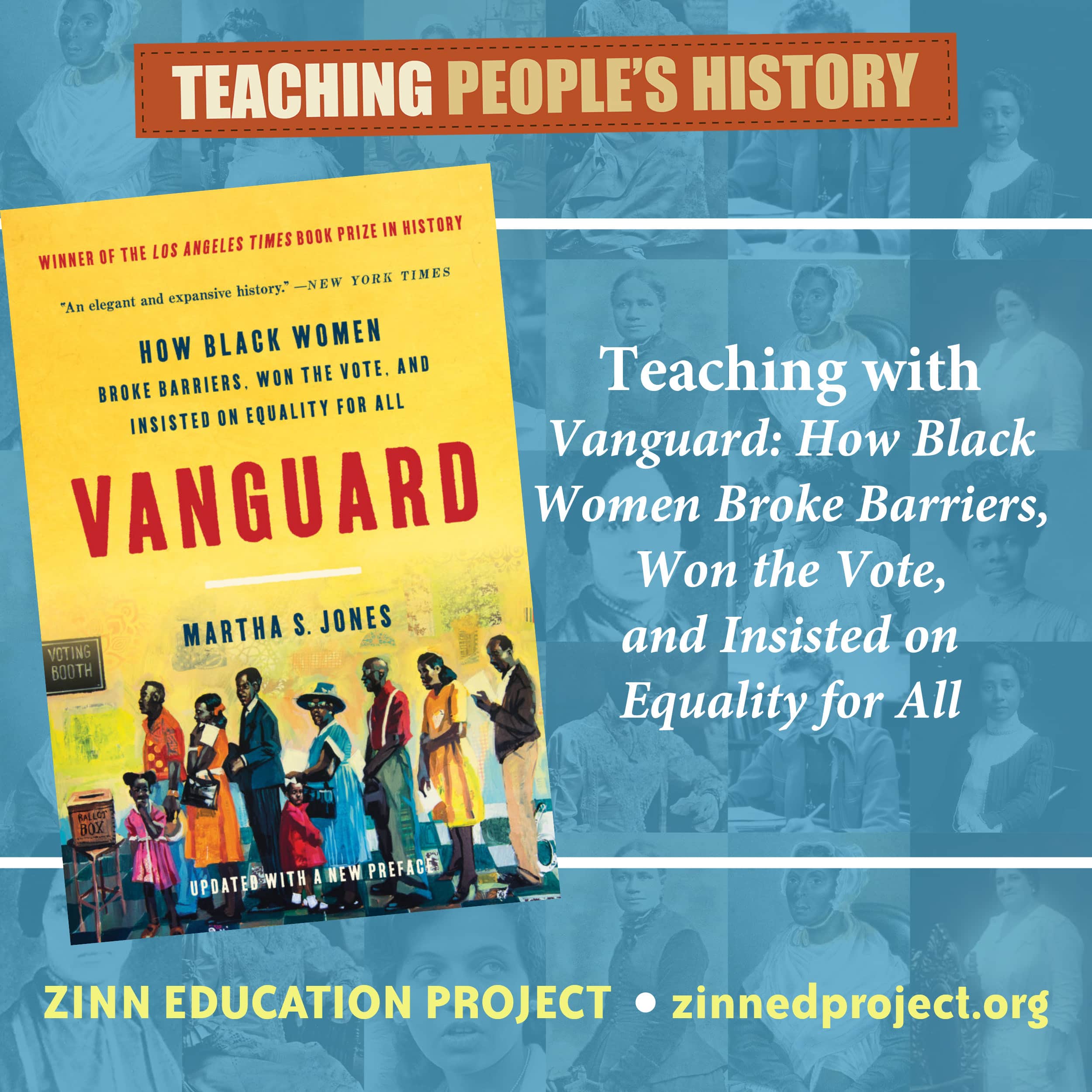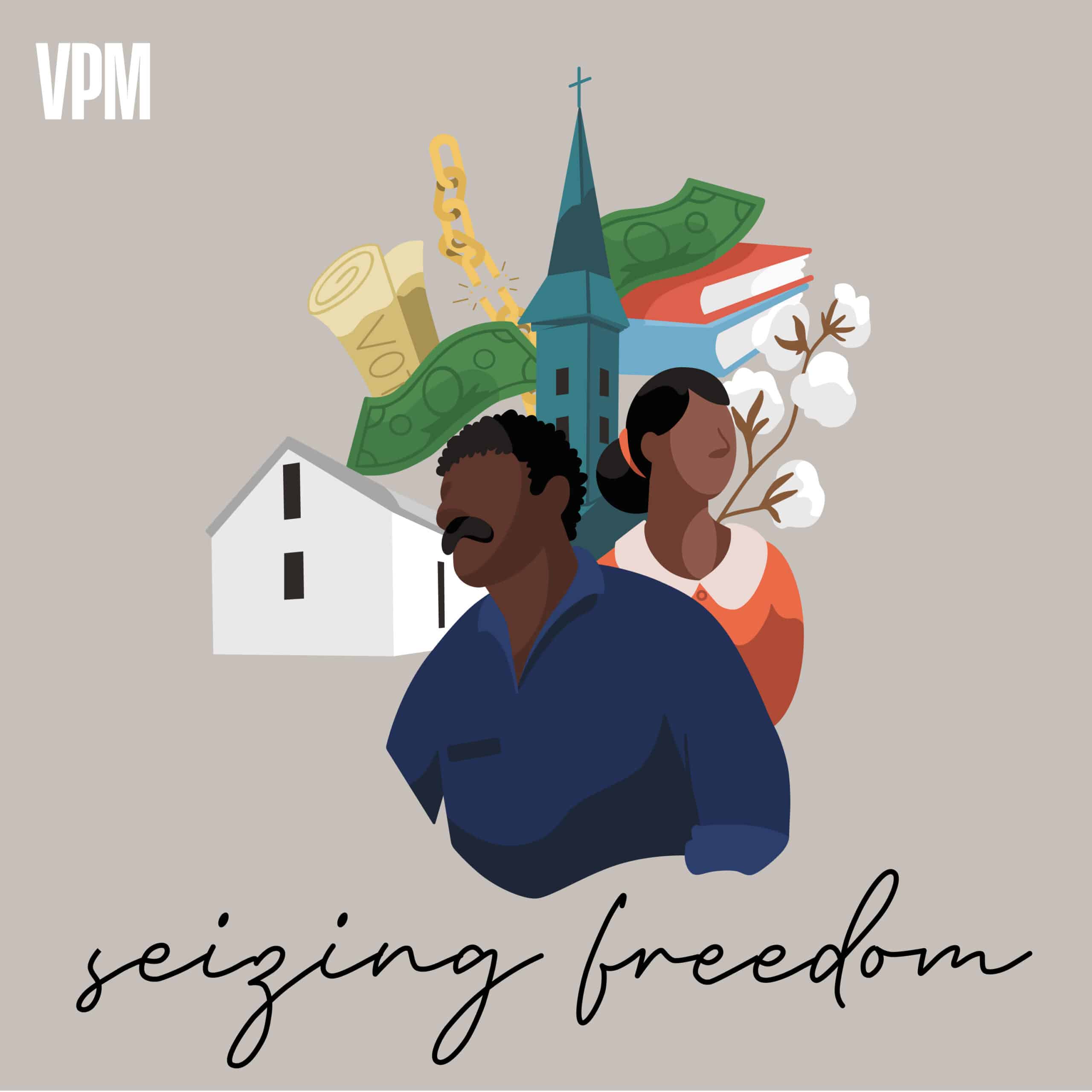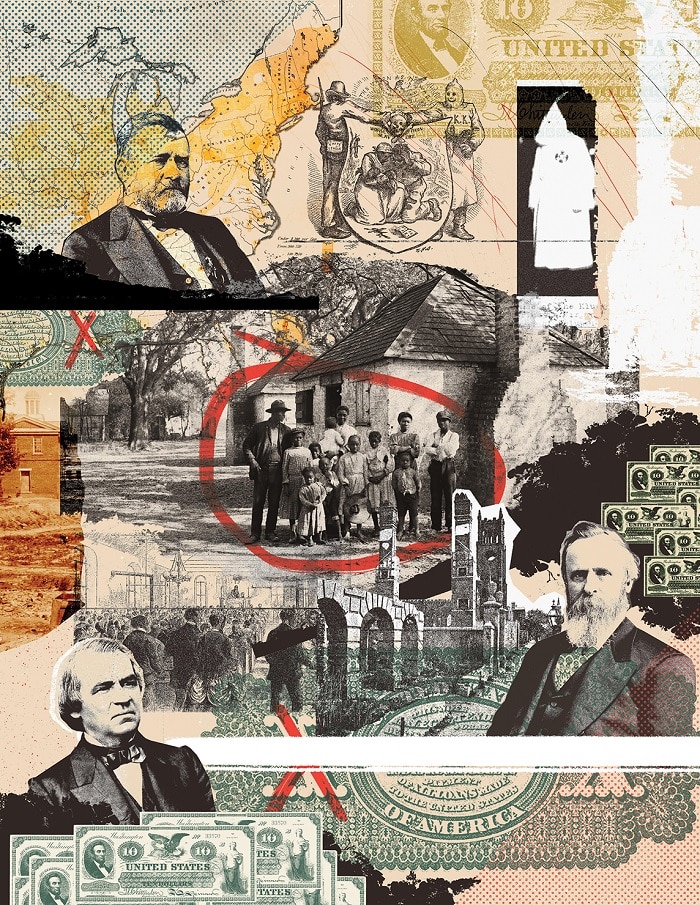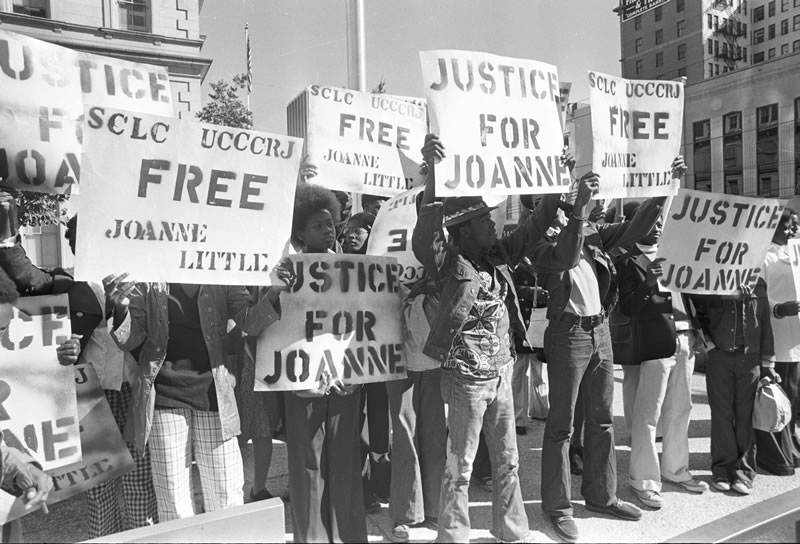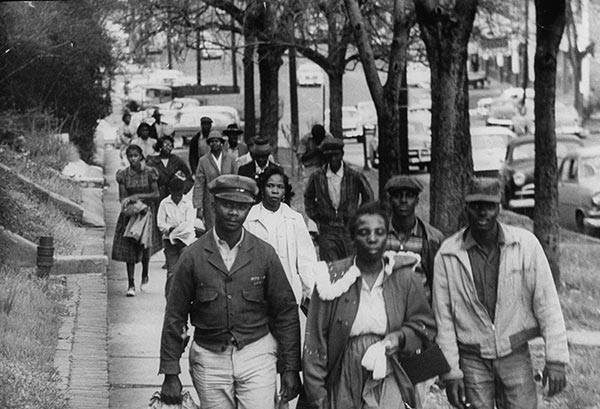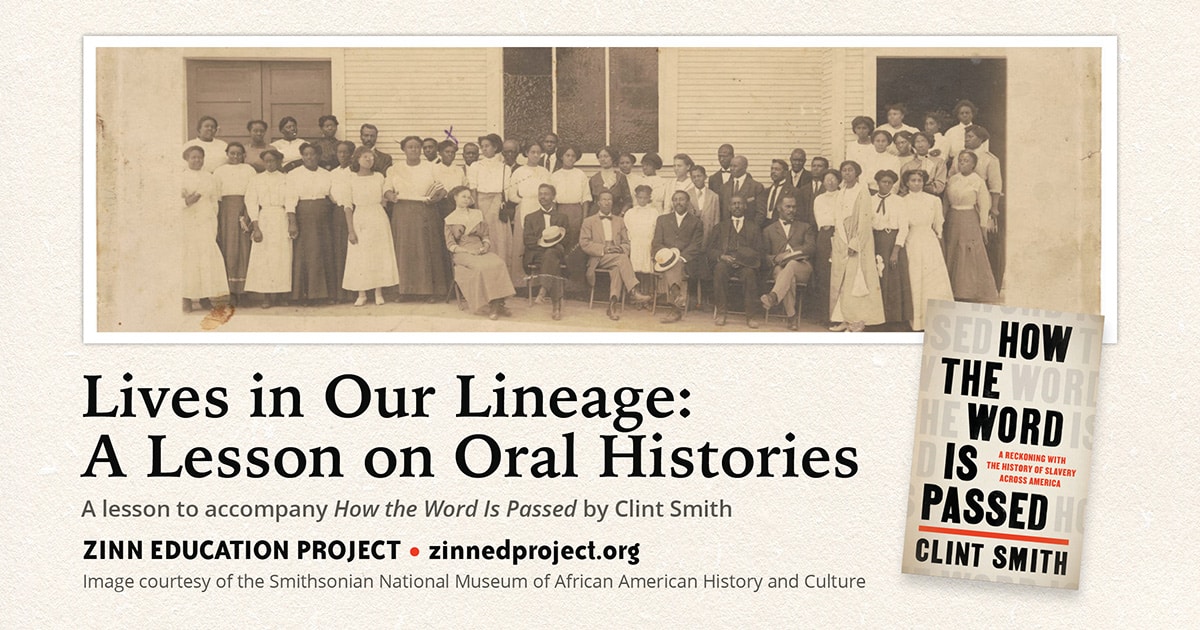Teaching Activity. By Hannah Gann, Nick Palazzolo, Keziah Ridgeway, and Adam Sanchez. Rethinking Schools. 2024. 23 pages.
This lesson highlights the complexity and diversity of thought as Civil Rights and Black Power leaders and organizations developed their views on Palestine-Israel.
Continue reading
Teaching Activity. By Adam Sanchez. Rethinking Schools.
A high school social studies teacher describes a classroom simulation where students experience the effects of decades of racist federal housing policies.
Continue reading
Teaching Activity. By Bill Bigelow. 2024. 33 pages.
A mixer/mystery activity on Zionism, anti-Zionism, peasant resistance, the Great War, the British Mandate, and more.
Continue reading
Teaching Activity. By Ursula Wolfe-Rocca.
Unit with three lessons on voting rights, including the history of the struggle against voter suppression in the United States.
Continue reading
Teaching Activity. By Ursula Wolfe-Rocca, Bill Bigelow, and Andrew Duden. Article by Ursula Wolfe-Rocca. Rethinking Schools. 15 pages.
A role play helps students recognize the issues at stake in the historic struggle of the Standing Rock Sioux to block construction of the Dakota Access oil pipeline.
Continue reading
Teaching Activity. By Bill Bigelow. Rethinking Schools. 7 pages.
A companion lesson to the Eyes on the Prize segment on school desegregation.
Continue reading
Teaching Activity. By Bill Bigelow. 10 pages.
What led up to the Trail of Tears? In this lesson, students learn about the decision to remove the Cherokee and Seminole people from their lands.
Continue reading
Letters to her family from 23-year-old U.S. peace activist Rachel Corrie, who was killed in 2003 while trying to prevent the Israeli army from destroying homes in the Gaza Strip. Followed by questions by Bill Bigelow for classroom discussion.
Continue reading
Teaching Activity. By Samia Shoman. Rethinking Schools. 2014.
A social studies teacher uses conflicting narratives to engage students in studying the history of Palestine and Israel, focusing on the events of 1948.
Continue reading
Teaching Activity. By Ursula Wolfe-Rocca.
In this lesson, students analyze who is to blame for the illegal, mass deportations of Mexican Americans and immigrants during the Great Depression.
Continue reading
Teaching Activity. By Matt Reed. Published by Rethinking Schools. 2023.
This mixer activity helps students uncover the radical legacy of Ida B. Wells.
Continue reading
Teaching Activity. By Matt Reed and Ursula Wolfe-Rocca. Rethinking Schools.
A mixer activity, inspired by the 2016 Democracy Now! documentary Thirsty for Democracy, introduces students to the struggle of residents to access safe water for drinking, cooking, and bathing in the majority-Black cities of Flint, Michigan; Jackson, Mississippi; and Newark, New Jersey.
Continue reading
Teaching Activity. By Adam Sanchez. 2022. Rethinking Schools.
A lesson that help students understand, imagine, and celebrate the Reconstruction period as the first era of Black power in the United States.
Continue reading
Teaching Activity. By Tiffany Mitchell Patterson and Jessica Rucker.
In this lesson, students explore the core ideas of Black Power through a gallery walk with images and quotes connected to the life of Rosa Parks, and then consider how to define Rosa Parks’s activism.
Continue reading
Teaching Activity. By Ursula Wolfe-Rocca. 3 pages.
This timeline activity builds on students’ viewing of the 2022 film, The Rebellious Life of Mrs. Rosa Parks, and involves collaborating on a new timeline of Mrs. Parks' life.
Continue reading
Teaching Activity. By Mimi Eisen and Ursula Wolfe-Rocca. 47 pages.
A follow-up lesson to “Reconstructing the South,” using primary source documents to reveal key outcomes of the Reconstruction era.
Continue reading
Teaching Activity. By Jesse Hagopian. 4 pages.
With a short video and readings with competing viewpoints, students will learn about master narratives and counter-narratives and how they apply to Rosa Parks’ life. This activity can be introduced before watching the film or reading the book, The Rebellious Life of Mrs. Rosa Parks.
Continue reading
This lesson by Cierra Kaler-Jones invites students to consider how Rosa Parks’ legacy is memorialized by critically examining her statue at the U.S. Capitol. Students learn the fuller story of Rosa Parks’ life and use that information to determine how they would memorialize her legacy.
Continue reading
Teaching Activity. By Say Burgin, Jeanne Theoharis, and Ursula Wolfe-Rocca.
Students learn to “talk back” to official accounts of the Detroit Uprising of 1967 by focusing on its root causes. They also get a fuller sense of Rosa Parks’s life and politics, and the Black freedom struggle outside of the South.
Continue reading
Teaching Activity. By Ursula Wolfe-Rocca. 25 pages.
Students engage in an interactive activity with short excerpts from Martha Jones’ book to learn about the leading role of Black women in the fight for voting rights throughout U.S. history.
Continue reading
To facilitate bringing the Seizing Freedom podcast to the classroom, we are sharing teaching ideas for selected episodes, beginning with "A Powerful Black Hand."
Continue reading
Teaching Activity. By Bill Bigelow, Adam Sanchez, and Ursula Wolfe-Rocca. Article by Adam Sanchez. 2022. Rethinking Schools
A role play about the demise of Reconstruction that helps students get beyond the question “Was Reconstruction a success or failure?”
Continue reading
Teaching Activity. By Say Burgin, Jeanne Theoharis, and Ursula Wolfe-Rocca. 7 pages.
In this activity, students investigate Rosa Parks’ activism — and the gender and racial injustice to which it was a response — before and after her famous bus refusal.
Continue reading
Teaching Activity. By Say Burgin and Jeanne Theoharis. 6 pages.
This lesson expands students’ knowledge of how Black Montgomery secured a victory in the 1955–56 bus boycott by asking them to pay close attention to activists’ tactics — and what they did as white resistance mounted.
Continue reading
Teaching Activity. By Cierra Kaler-Jones.
In this lesson, students use key excerpts from How the Word Is Passed by Clint Smith as inspiration for a project where they tell their and their loved ones’ stories.
Continue reading



